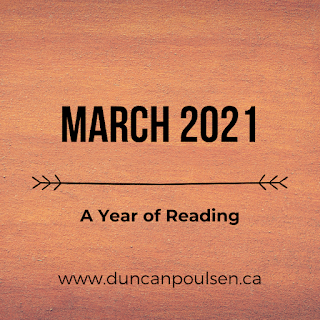Honest Healing
She stood at the front of the classroom theatre, preparing
for the orientation class. Her opening sentence was similar to one I’d heard
before.
“I want to acknowledge that the Blackfoot and Stoney Nakota nations
were the first stewards of the place we are meeting.”
One sentence. That all it was. Then she was talking about
how the tourism company operating here works.
To me, it seemed a little ironic. Her admitting that the
land isn’t hers, yet standing in a building that will be occupying the land for
many years to come. It’s like breaking
into a law office to write an article denouncing breaking and entering.
It might have just been a few words, but they made me think.
Is the very act of me breathing in this place trespassing? Could it be
trespassing when even the aboriginal people didn’t consider the land their own?
If living here, on this land that isn’t ours, is trespassing, what can we do?
Do we all need to move, do we all commit suicide so we aren’t taking up this
space?
Her words may have been ironic, brief and somewhat of a
shallow afterthought. But they were important. It’s important to acknowledge
the past. It’s important to bring attention to the issues facing our nations.
Her words showed that she cared enough to actually figure out which tribes had
lived in this place. But in a way, knowing and still remaining there made it
worse. Like looking someone in the eye, asking their name and then pulling the
trigger.
Her words were important, but we need more than words.
Many people complain about the special treatment that
aboriginal people are intitled to because of the treaties our government has
signed. Why should first nations people get free secondary education, extended
hunting seasons and a salary for sitting around doing nothing? The grass is
always greener on the other side. Someone of first nation’s decent may ask why
they’re forced to live in run down towns with poor water quality and barren
ground that can’t grow anything.
I wonder if it’s part of a cycle. I wonder if we stopped treating
fist nations people differently if they would start to feel included in society
and break out of their run down towns? I wonder why we are still paying
aboriginal people when we know that money can’t make up for anything. I wonder
why we’re standing at the front of classrooms saying the land isn’t ours and
doing nothing to bring healing.
There has to be a better way to work for healing between our
peoples. But I’m not sure how to move forward with honesty.




Comments
Post a Comment